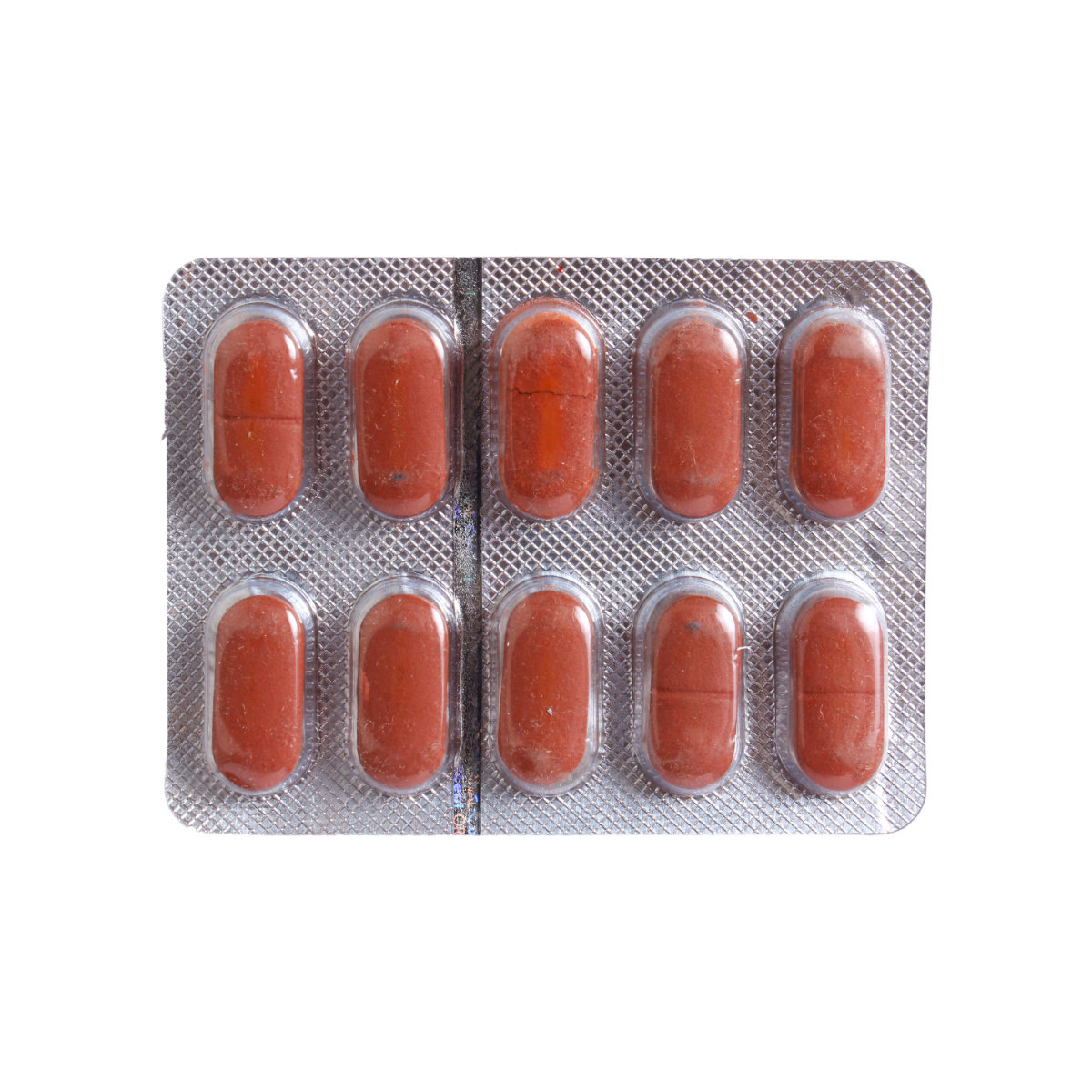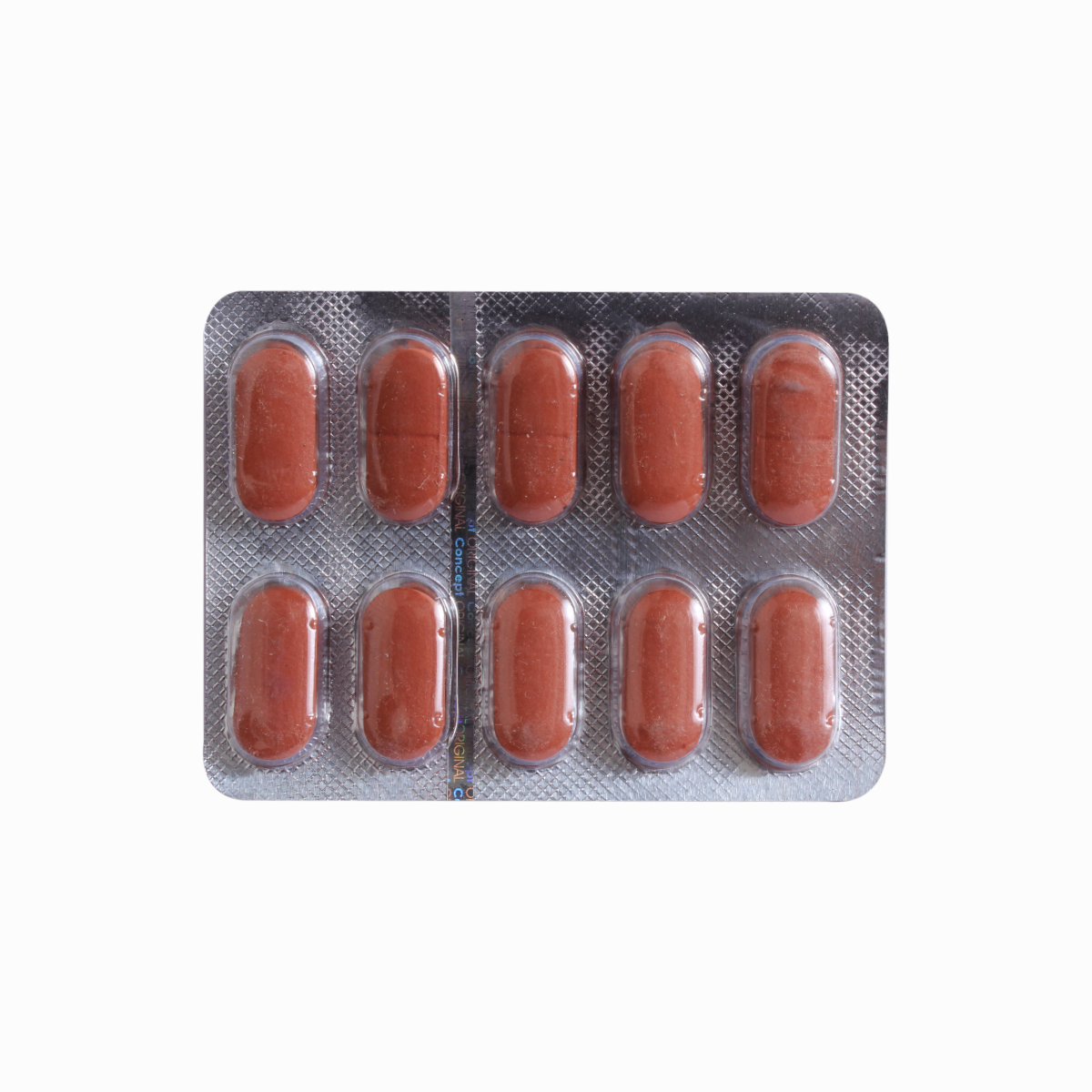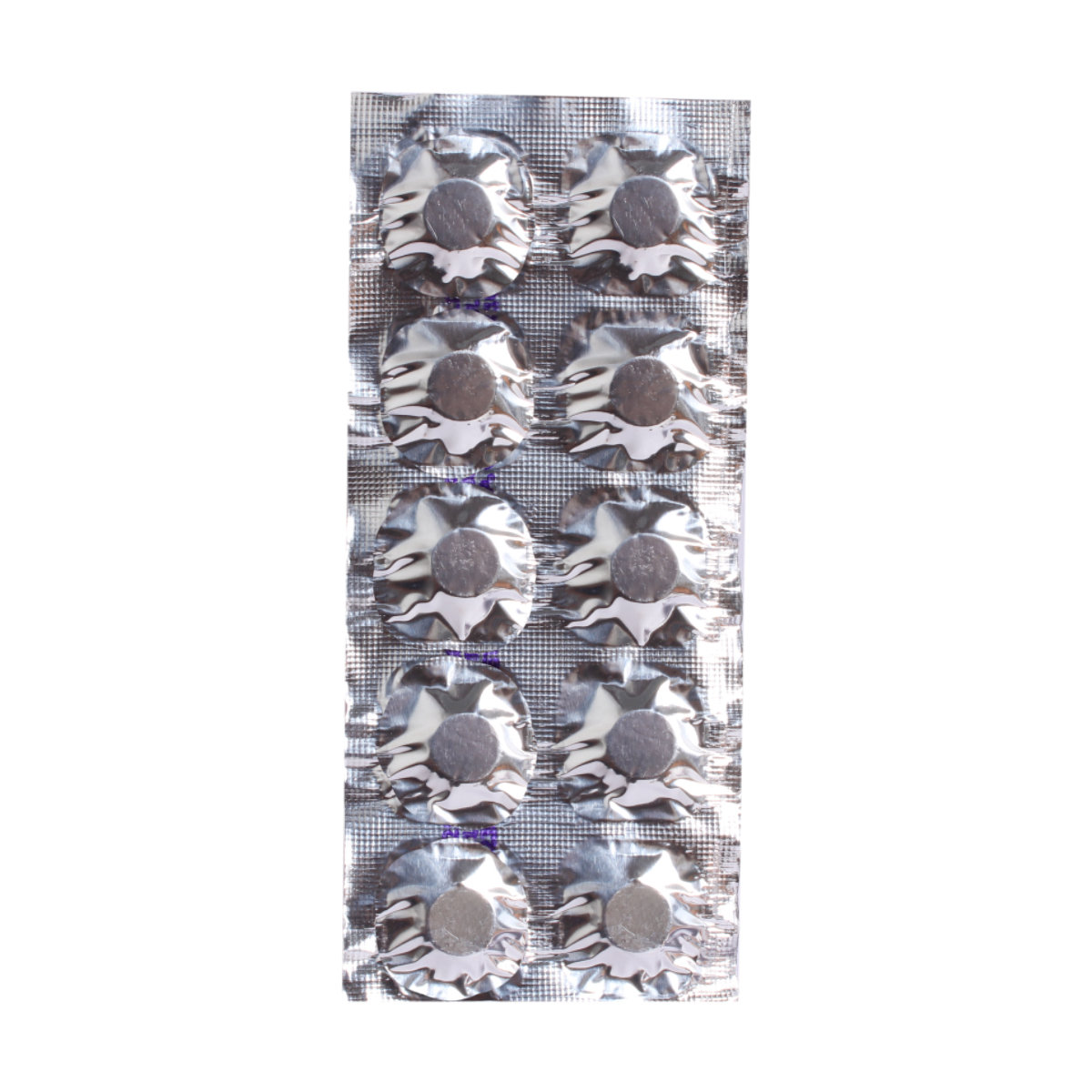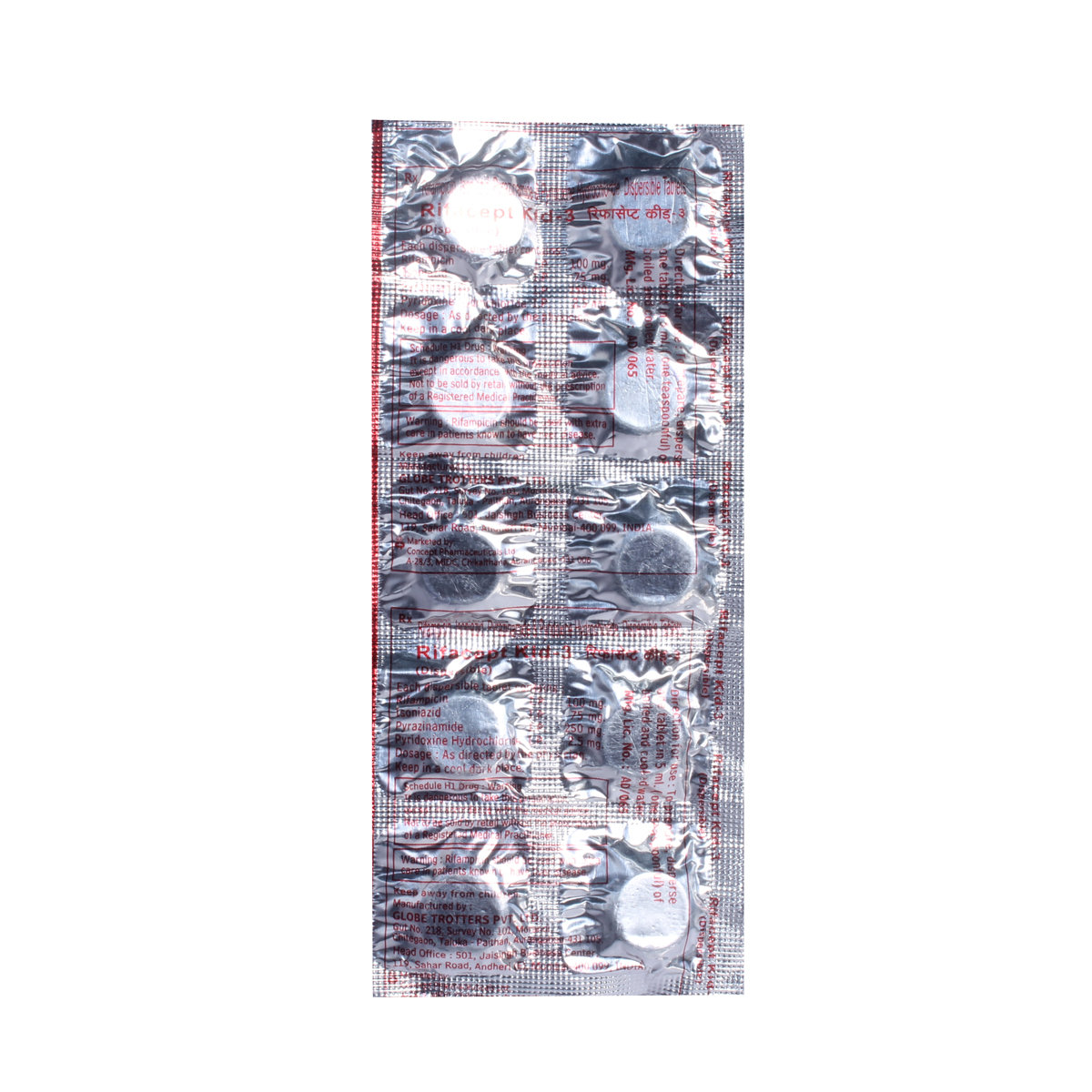Rifampicin+isoniazid+pyridoxine
About Rifampicin+isoniazid+pyridoxine
Isoniazid+pyridoxine+rifampicin belongs to the group of medicines called anti-tuberculosis drugs primarily used to treat and prevent tuberculosis. Tuberculosis is an infectious disease that mainly affects the lungs, but it can also spread to other body parts such as the kidneys, brain, spine, and bone marrow. Isoniazid+pyridoxine+rifampicin is also used in the treatment of leprosy (infectious disease-causing skin lesions and nerve damage), legionnaires disease (a type of pneumonia caused by legionella bacteria), brucellosis (bacterial infection), and serious staphylococcal infections.
Isoniazid+pyridoxine+rifampicin is a combination of three drugs, namely: Rifampicin, Pyridoxine (vitamin B6), and Isoniazid. Rifampicin works by inactivating a bacterial RNA-polymerase, an enzyme that allows TB bacteria to make and replicate essential proteins. Isoniazid prevents the creation of its protective coating by these bacteria. Together, they destroy the bacteria named Mycobacterium tuberculosis, which causes TB (tuberculosis), and the infection is eliminated. Vitamin B6 treats nerve damage (neuritis) caused by tuberculosis (TB), treating drugs like isoniazid.
Take Isoniazid+pyridoxine+rifampicin as prescribed. The dose and duration of Isoniazid+pyridoxine+rifampicin can vary depending on your condition and the severity of the infection. In some cases, you may experience certain common side effects such as severe diarrhea, possibly with blood in the stools, hypertension, kidney problems, severe stomach pain, mental disturbances, constipation, dry mouth, and upset stomach. Most of these side effects do not require medical attention and will resolve gradually over time. However, you are advised to talk to your doctor if you experience these side effects persistently.
Do not stop taking Isoniazid+pyridoxine+rifampicin despite symptomatic relief. Treat your condition effectually. Continue taking Isoniazid+pyridoxine+rifampicin for as long as it has been prescribed for you. Avoid foods and drinks containing histamine or tyramine such as cured meat, matured cheese, soya, tuna, salmon, mackerel, wine, and beer while taking Isoniazid+pyridoxine+rifampicin as they might cause interaction. Maintain a gap of one hour between Isoniazid+pyridoxine+rifampicin and antacid medicines. Consult your doctor before taking Isoniazid+pyridoxine+rifampicin if you are pregnant or planning for pregnancy. Avoid breastfeeding while taking Isoniazid+pyridoxine+rifampicin as it passes into breast milk. Isoniazid+pyridoxine+rifampicin may cause dizziness, and vision problems, so drive with caution. Avoid alcohol consumption while taking Isoniazid+pyridoxine+rifampicin as it could lead to increased drowsiness, dizziness, and liver damage. Isoniazid+pyridoxine+rifampicin may make the 'contraceptive pill” less effective. So, use a reliable barrier method of contraception such as condoms while on Isoniazid+pyridoxine+rifampicin.
Uses of Rifampicin+isoniazid+pyridoxine
Medicinal Benefits
Isoniazid+pyridoxine+rifampicin is a combination of three drugs, namely: Rifampicin, Pyridoxine, and Isoniazid. Rifampicin works by inactivating a bacterial RNA-polymerase, an enzyme that allows TB bacteria to make and replicate essential proteins. Isoniazid prevents the creation of its own protective coating by these bacteria. Together, they destroy the bacteria named Mycobacterium tuberculosis, which causes TB (tuberculosis), and the infection is eliminated. Pyridoxine (vitamin B6) is a water-soluble vitamin that treats and prevents nerve damage (peripheral neuritis) caused by tuberculosis (TB), treating drugs like isoniazid.
Directions for Use
Storage
Side Effects of Rifampicin+isoniazid+pyridoxine
- Severe diarrhea, possibly with blood in the stools
- Hypertension
- Kidney problems
- Severe stomach pain
- Mental disturbances
- Headache
- Change in color of body fluids to orange or red
- Dark urine
- Muscle weakness
- Constipation
- Dry mouth
- Upset stomach
Drug Warnings
Do not take Isoniazid+pyridoxine+rifampicin if you are allergic to any of its contents, if you have jaundice, or take HIV medicines (saquinavir or ritonavir). Before starting Isoniazid+pyridoxine+rifampicin, please inform your doctor if you have diabetes, epilepsy, gout, mental health problems, HIV infection, malnutrition, peripheral neuropathy, porphyria, bleeding problems, kidney or liver problems. Avoid foods and drinks containing histamine or tyramine such as cured meat, matured cheese, soya, tuna, salmon, mackerel, wine, and beer while taking Isoniazid+pyridoxine+rifampicin as they might cause interaction. Maintain a gap of one hour between Isoniazid+pyridoxine+rifampicin and antacid medicines. Consult your doctor before taking Isoniazid+pyridoxine+rifampicin if you are pregnant or planning for pregnancy as Isoniazid+pyridoxine+rifampicin can affect the unborn baby's growth. Avoid breastfeeding while taking Isoniazid+pyridoxine+rifampicin as it passes into breast milk. Isoniazid+pyridoxine+rifampicin is not recommended for use in children. Isoniazid+pyridoxine+rifampicin may cause dizziness, and drowsiness, so drive with caution. Avoid alcohol consumption while taking Isoniazid+pyridoxine+rifampicin as it could lead to increased drowsiness, dizziness, and liver damage.
Drug Interactions
Drug-Drug Interactions: Medicines used to thin the blood such as warfarin, medicines used for pain such as codeine, morphine, pethidine, corticosteroids used for inflammation such as hydrocortisone, betamethasone, and prednisolone, methadone used for heroin withdrawal, medicines used for cancer such as imatinib, Irinotecan used for cancer, oral contraceptives, levodopa used in the treatment of Parkinson’s disease.
Drug-Food Interactions: Do not consume alcohol while taking Isoniazid+pyridoxine+rifampicin as it could lead to increased dizziness and liver damage. Avoid foods and drinks containing histamine or tyramine such as cured meat, matured cheese, soya, tuna, salmon, mackerel, wine, and beer while taking Isoniazid+pyridoxine+rifampicin as they might cause interaction.
Drug-Disease Interactions: Porphyria (a rare blood problem), diabetes, mental problems, kidney and liver problems.
Drug-Drug Interactions Checker List:
Safety Advice

Alcohol
unsafeAvoid alcohol consumption while taking Isoniazid+pyridoxine+rifampicin as it could lead to increased drowsiness, dizziness and liver damage.

Pregnancy
cautionPlease consult your doctor if you are pregnant. Your doctor will prescribe Isoniazid+pyridoxine+rifampicin only if the benefits outweigh the risks.

Breast Feeding
unsafeIsoniazid+pyridoxine+rifampicin passes into breast milk. Do not breastfeed while taking Isoniazid+pyridoxine+rifampicin. Consult your doctor for further advice.

Driving
cautionIsoniazid+pyridoxine+rifampicin may cause dizziness, drowsiness, numbness, and tingling sensation in hands and feet. Do not drive or operate machinery if you experience these symptoms.

Liver
cautionDose adjustment may be needed. Please consult your doctor before taking Isoniazid+pyridoxine+rifampicin if you have liver impairment/liver disease.

Kidney
cautionDose adjustment may be needed. Please consult your doctor if you have any concerns regarding this or if you have kidney impairment/kidney disease before taking Isoniazid+pyridoxine+rifampicin.

Children
unsafeIsoniazid+pyridoxine+rifampicin can be used in children when prescribed by a child specialist.
Habit Forming
Diet & Lifestyle Advise
- Pineapple juice might help soothe the symptoms of cough and cold. It also has anti-inflammatory and mucolytic properties.
- Foods rich in vitamin C, such as kiwi, broccoli, and bell pepper, help improve the immune system.
- Avoid processed and fried foods.
- Warm ginger tea or warm soup can help in providing relief from cough.
- Avoid foods and drinks containing histamine or tyramine, such as cured meat, matured cheese, soya, tuna, salmon, mackerel, wine, and beer.
- Quit smoking and avoid alcohol consumption.
Special Advise
- Isoniazid+pyridoxine+rifampicin may affect test results of blood tests such as folate, vitamin B12, and liver function tests. Inform the person doing the tests that you are taking Isoniazid+pyridoxine+rifampicin.
- Your doctor may advise you to get regular liver tests while taking Isoniazid+pyridoxine+rifampicin to check how your liver functions.
Patients Concern
Disease/Condition Glossary
Tuberculosis (TB): Tuberculosis is an infectious disease that affects the lungs, but it could also spread to other body parts such as the kidneys, brain, spine, and bone marrow. Tuberculosis is caused by a bacteria named Mycobacterium tuberculosis. It is a contagious disease that can spread to others through small droplets released into the air by a person suffering from tuberculosis. Symptoms include a cough that lasts for a few weeks, pain while coughing or with normal breathing, unexplained fatigue, fever, night sweats, loss of appetite, and weight. People who smoke or consume alcohol, people diagnosed with HIV, and immune system problems are more likely at risk of developing active TB.
FAQs
Isoniazid+pyridoxine+rifampicin is a combination of three drugs, namely: Rifampicin, Pyridoxine, and Isoniazid. Rifampicin works by inactivating a bacterial RNA-polymerase) an enzyme that allows TB bacteria to make and replicate essential proteins. Isoniazid prevents the creation of its own protective coating by these bacteria. Together, they destroy the bacteria named Mycobacterium tuberculosis, which causes TB (tuberculosis), and the infection is eliminated. Pyridoxine prevents nerve damage (peripheral neuritis) caused by isoniazid.
Do not stop taking Isoniazid+pyridoxine+rifampicin despite symptomatic relief. Treat your condition effectually, continue taking Isoniazid+pyridoxine+rifampicin for as long as it has been prescribed for you.
Do not take Isoniazid+pyridoxine+rifampicin along with antacids as it might decrease the effectiveness of Isoniazid+pyridoxine+rifampicin. Maintain a minimum gap of 1hour between both.
Consult your doctor before taking Isoniazid+pyridoxine+rifampicin with other medicines. Medicines used to treat TB such as PAS (P-amino salicylic acid) and cycloserine should be taken 8 hours apart from Isoniazid+pyridoxine+rifampicin.
Isoniazid+pyridoxine+rifampicin contains isoniazid which might interact with foods and drinks containing histamine or tyramine such as cured meat, matured cheese, soya, tuna, salmon, mackerel, wine, and beer. Avoid these foods while taking Isoniazid+pyridoxine+rifampicin.
Isoniazid+pyridoxine+rifampicin might decrease the effectiveness of oral contraceptives (birth control pills). This could lead to an unplanned pregnancy. Instead, use a reliable barrier method of contraception such as condoms or the coil while taking Isoniazid+pyridoxine+rifampicin. Consult your doctor if you have any concerns regarding this. Your doctor may suggest an alternate method of contraception.
Isoniazid+pyridoxine+rifampicin may cause discoloration of teeth, sweat, urine, sputum (phlegm), saliva, or tears. The color in tears may last for some time even after you stop taking Isoniazid+pyridoxine+rifampicin. Do not worry, as it is a common side-effect of Isoniazid+pyridoxine+rifampicin.
Isoniazid+pyridoxine+rifampicin may affect test results of blood tests such as folate, vitamin B12, and liver function tests. Inform the person doing the tests that you are taking Isoniazid+pyridoxine+rifampicin.
Yes, Isoniazid+pyridoxine+rifampicin may cause liver problems, especially in people who are 35 and older. Consult your doctor if you notice symptoms such as yellowing of eyes or skin, dark urine, pale stools, weakness, loss of appetite, nausea, or vomiting. Your doctor may advise you to get regular liver tests while taking Isoniazid+pyridoxine+rifampicin to check how your liver functions.







